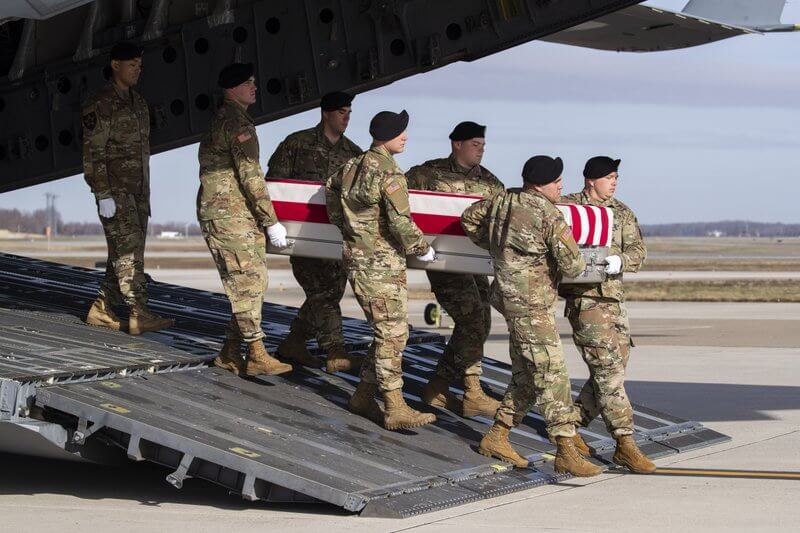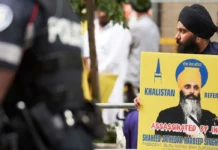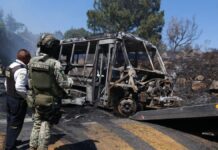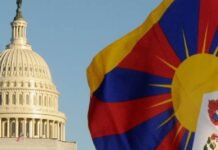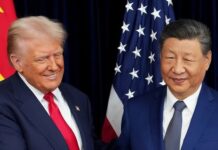Sayed Ziaullah Hashimi
Afghanistan has experienced a prolonged conflict, which has left behind massive human loss, a ruined economy, poverty, wrecked infrastructures, forcing tens of thousands of Afghans to leave the country. Conversely, post 9/11, in 2001, an international consensus was forged to build the country from the scratch. As a result, an influx of money was poured in the country and construction and reconstruction boomed overnight.
The country has made strides and has achieved huge gains in many spheres. Afghanistan today is so different to the Afghanistan of the Taliban regime.
Afghan government’s firm will
Nevertheless, the menace of the ugly war has not ended. The Afghan government, supported by the international consensus, took a bold step to negotiate with the Taliban. The government nominated a 21-member negotiating team. To show goodwill, the Afghan government also released more than 5,000 Taliban prisoners. But in return, the Taliban have not shown a single green light.
They have not stopped their bloodshed and are resorting to targeted killings of civil activists, politicians, journalists and ordinary citizens. Afghanistan is witnessing at least 50 attacks per day. The Taliban call the slaughter of Muslims “jihad.” Afghan and foreign scholars and ulemas have unitedly denounced the barbaric and heinous attacks by the Taliban and called it illegitimate and un-Islamic.
Even according to the international norms and laws, the killing, attacking of non-military and destruction of properties and public infrastructures, which they are not justified in military use such as, mosques, schools, universities, residential areas are unlawful. Destroying public properties, drumhead court-martial, hostage-taking, illegal detentions are considered as war crimes.
10,000 human losses every year
Unfortunately, these tragedies are carried out every day by the Taliban and other illegal armed groups in Afghanistan. Despite the Afghan government’s intentions of reaching a political settlement with the Taliban in Doha, violence has escalated in the country. The UNAMA (United Nations Assistance Mission in Afghanistan) has documented that more than 10,000 are being killed annually since 2001.
In 2018, the Islamic Scholars in the Organization of Islamic Countries (OIC) has denounced the gruesome attacks and slaughters. Around 100 Ulema (Muslim Scholars) from at least 57 countries had a statement stating the war in Afghanistan as illegitimate. They made it clear that suicide attacks targeting innocent people are haram (forbidden).
The world raises its voice
In June 2020, Al-Azhar’s Sheik Ahmad al-Taib tweeted the Taliban war against the Afghan national army, calling it brother-killing war. On October 21, 2020 Ahmad al-Raysuni head of the International Union of Muslim Scholars in an exclusive interview with the Tolo News said the war in Afghanistan, against the government, is illegitimate according to the Quran and Sharia and it is crime nothing else. On October 24, 2020, Bangladesh Islamic scholars in Dhaka said the ongoing war in Afghanistan is illegitimate and there is no religious justification for targeting innocent people. On October 28, 2020, the Global Islamic Unity Forum (GIUF) of Malaysia condemned violence escalation in Afghanistan to advise all parties that resolving the problems and conflicts through negotiation is only the right way to bring peace and stability in Afghanistan. They support the “Afghan-owned, Afghan-led” peace process.
On November 26, 2020 the Khateeb (preacher) of Al-Aqsa Mosque in Jerusalem and head of Islamic Scholars Council of Palestine has termed the ongoing conflict in Afghanistan as illegitimate. On November 29, 2020 the Organization of Islamic Countries (OIC) pledged to stand by the people and government of Afghanistan with its resolutions on the situation in the country and condemned terroristic attacks in Afghanistan, particularly those targeting civilians.
The OIC called on the Taliban to reduce violence and agree to an immediate ceasefire. On December 25, 2020, the Indonesian Mohammadia Ulema Council Head Dr. Jusuf Kalla called on the Taliban to end the fighting in Afghanistan. On December 30, 2020, the first gathering of Afghanistan and Indian Islamic scholars from various Islamic institutions was held at India Islamic Cultural Centre in New Delhi. They strongly believed that Islam is a religion of peace, and held that the war in Afghanistan and targeting of civilian institutions was illegitimate and there is no religious justification for it.
Such united stances give glimpses of hope to Afghans who have been suffering for decades now. There is a high hope that such rational voices will persuade the Taliban to declare a ceasefire and stop killing their fellow Afghans. South Asia Monitor

